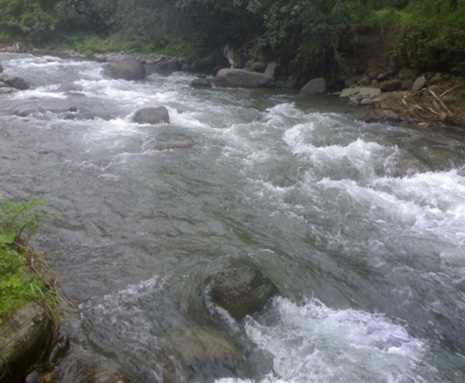The deputy director said Azerbaijan has been discussing the issue with Georgia for about two years and talks on the issue have already come to an end.
These negotiations are conducted through diplomatic channels and between the respective Foreign Ministries, she added.
After their completion, Avazova said, the two countries will sign a corresponding agreement and each side will have to fulfill commitments to improve the quality of water in the Kura River.
“I think that after the signing of the agreement, contamination of the Kura River can be prevented,” said Avazova.
Azerbaijan has joined the "Convention on the Protection and Use of Transboundary Watercourses and International Lakes" of the Council of Europe 10 years ago, she said, and this structure prepares reports on water quality assessment every four years.
The deputy director stressed that international reports note severe pollution in the upper stream of the Kura and Araz rivers.
The largest river in Transcaucasia – the Kura – is of great importance for Azerbaijan’s economy. The river originates in Turkey to go through Georgia and Azerbaijan into the Caspian Sea.
The Kura River is significant for Azerbaijan, which suffers water shortages throughout the year, when compared with the two another Southern Caucasus countries. The pollution of its waters is a disaster for the country.
Today, the amount of biogenic substances in the river and its tributaries exceeds the established norm by several times as a result of the discharge of untreated water and industrial waste into the river from the territory of Georgia and Armenia.
Monitoring conducted by the Azerbaijan Ecology and Natural Resources Ministry studies the pollution of the Kura and Araz trans-boundary rivers and its tributaries from Armenia, the ministry reported on August 4.
The recent report shows that waters of the Kura River are contaminated with phenol. The content of cooper and oxygen is within the normal limits for these rivers.
More about:
















































